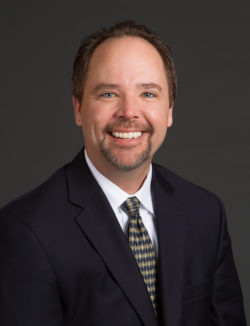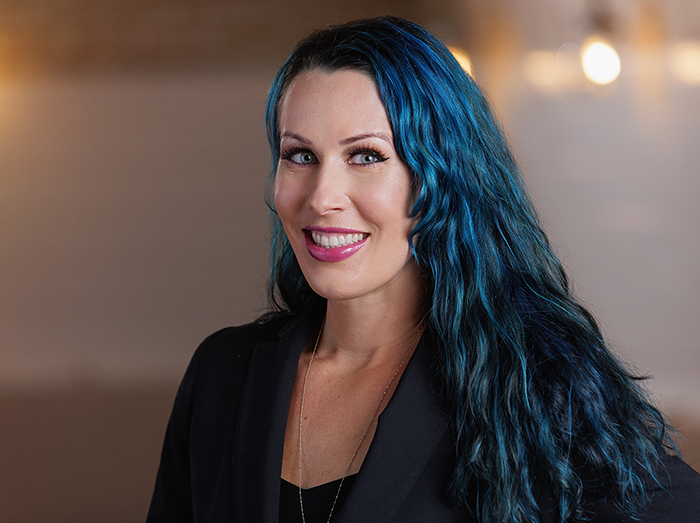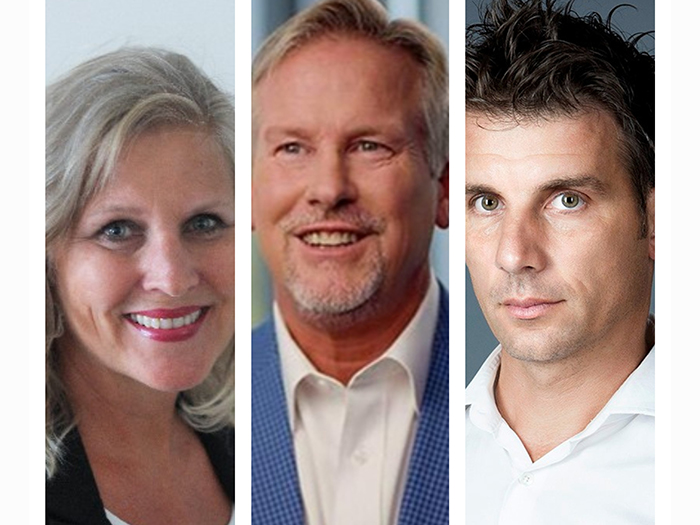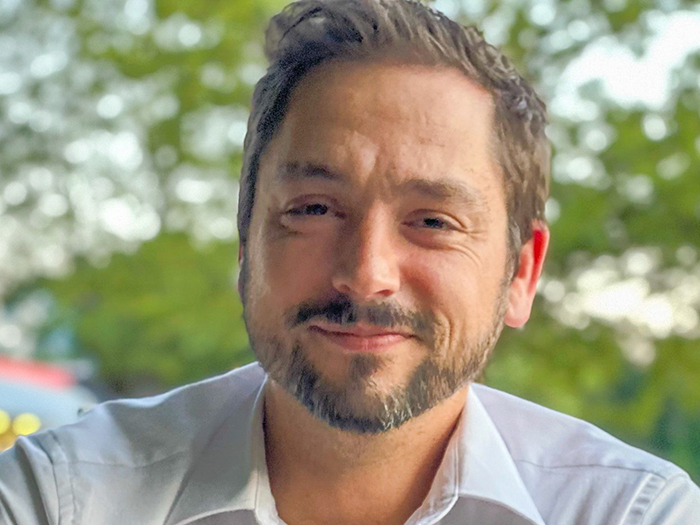Sponsored: Philadelphia Insurance Companies
Commercial Surety Bonds Are Vital for Many Projects. Automation and Dedicated Underwriters Make Them Even More Potent

The $1 trillion Infrastructure and Jobs enacted in 2021 has pumped billions of dollars into communities so that they can invest in building roads, bridges and improving power systems.
Now as those projects are getting underway, they’ll need support from surety bonds. These financial tools help ensure that projects are completed on time. A contractor purchases a bond and the surety partner agrees to meet the obligations of a given project if something happens and they’re unable to finish the job.
“I think it will end up really helping our industry grow,” said James Crinnion, chief underwriting officer and VP of commercial surety for Philadelphia Insurance Companies (PHLY), in referring to the Investment, Infrastructure and Jobs Act which was signed into law in late 2021 and which will pump hundreds of billions into infrastructure projects.
Though common in the construction industry and required for government work, surety bonds can support a wide range of projects, from building roads and bridges to guaranteeing the construction of large oil tankers.
Increased infrastructure investments may be spurring the demand for bonds, but surety partners may find that their reinsurers are beginning to restrict capacity, often as the result of frequent losses caused by natural catastrophes over the last few years. These restrictions can have ripple effects for bonds.
“The reinsurers definitely have their marching orders to raise rates on all lines, even if they weren’t affected by the cats,” Crinnion said. “It affects surety even if we didn’t hit the treaty. It trickles down, there’s no doubt about it.”
To navigate this new terrain, agents and brokers working with companies in need of commercial surety bonds should seek out partners that combine strong technological capabilities and a team of dedicated underwriters committed to domestic and international growth. These companies can balance the need for surety bonds even as reinsurers are rebalancing their appetites for certain exposures.
Technology Helps Meet Increasing Surety Demands

James Crinnion, Chief Underwriting Officer and VP of Commercial Surety for Philadelphia Insurance Companies
To support an increased need for commercial surety bonds, PHLY has turned to technology to automate some parts of the bonding process.
PHLY’s point-of-sale system allows agents and brokers to choose from thousands of different bonding options, answer a series of questions and provide their clients with the solution they need. This service is particularly beneficial for smaller, standard bonds required by various municipalities. The digital, paperless process helps get bonds into the hands of agents and their clients swiftly.
“You can’t have someone manually underwrite every single submission. It’s just not efficient anymore,” Crinnion said. “We’ve been able to ramp up the automation and that just really helps the entire process. We’re growing the book of business in the right way.”
Automation in the industry has helped small projects get the coverage they need, while ensuring underwriters are able to meet the demand for bonds in the face of an industry wide talent shortage.
“The strain in surety is not only the reinsurance capacity. It’s the number of competent underwriters out there,” Crinnion said. “You really have to lean on technology to help you out. Otherwise, you’d need an army of underwriters and that just doesn’t exist anymore.”
Committed Underwriters Fuel Growth
New technologies support underwriting teams in their efforts to write bonds for a wide variety of national and international businesses. As Crinnion puts it, “you can’t get there on technology alone, and you can’t get there with just people alone.” Surety bond writers need a combination of both to get the job done efficiently.
The boots-on-the-ground presence provided by underwriters helps the insurer issuing the bonds understand the scope of a project, any geographical challenges and its financial plans. This local knowledge is one advantage for ensuring the job is completed on time and as bid.
“When a bond gets over a certain size, it’s almost mandatory; we meet with our principals to discuss the obligation,” Crinnion said.
“We need to get in front of the risk manager, or the CFO and any other company officer so we can understand the financial plan of the company. Where’s the cash management? How are they going to pay for and cashflow whatever it is that we’re bonding?”
Many businesses have gotten used to conducting meetings over Zoom the past few years and the insurance industry is no exception.
Crinnion believes, however, that businesses are best served by local underwriters who understand the exposures a bonded project could face in a given region, especially for complicated situations. PHLY Surety maintains a brick-and-mortar presence in thirteen offices across the U.S., so that clients can benefit from their underwriter’s regional expertise.
“You shouldn’t be an underwriter in California trying to underwrite larger, complex bonds in Florida. Local presence is just so key,” Crinnion said. “Some underwriters cover multiple states, but they’re always within their geographic region.”
In addition to their domestic presence, PHLY has experience writing bonds for international projects either where a U.S. company is building something overseas or when an internatonial company is building something in the US.
Crinnion also believes that custom bonds are just one area where PHLY anticipates growth over the next few years. “It requires a little bit more diligence and underwriting, but it’s certainly an area we see continuing to grow on the surety side,” he said.
And of course, a growing business needs fresh underwriting talent. “We keep trying to grow our trainee class year over year to help replenish the pipeline of underwriters coming up through the ranks,” Crinnion said.
Philadelphia Insurance Companies: A Full Service, Surety Bond Partner
PHLY has more than a decade of experience underwriting commercial surety bonds. The team manages over $7 billion in liabilities and generates around $80 million in premiums and anticipates continued expansion.
Its best-in-class point-of-sales system is supported by an IT and technology team and a group of talented, surety professionals. “There’s a real synergy with our IT department and they have a deep understanding that surety’s different than traditional insurance products,” Crinnion said.
Some of the members of the technology team even worked as surety underwriters earlier in their careers. Their deep expertise and exclusive focus on surety projects helps them work with brokers and agents to solve the technology problems and quickly get the bonds to market.
“We’re very blessed to have a dedicated technology team here,” Crinnion said. “It allows us to be a little bit quicker, a little bit more nimble when challenges are presented.”
Beyond the strength of its team, PHLY’s underwriting footprint is built to assist agents and brokers nationwide in helping commercial clients place surety bonds and the organization has expanded its international capabilities. Its full service operation is equipped with the tools and capacity to serve many different types and sizes of bonds.
“It’s a partnership all the way around,” Crinnion said.
To learn more, visit: https://www.phly.com/surety/
This article was produced by the R&I Brand Studio, a unit of the advertising department of Risk & Insurance, in collaboration with Philadelphia Insurance Companies. The editorial staff of Risk & Insurance had no role in its preparation.










